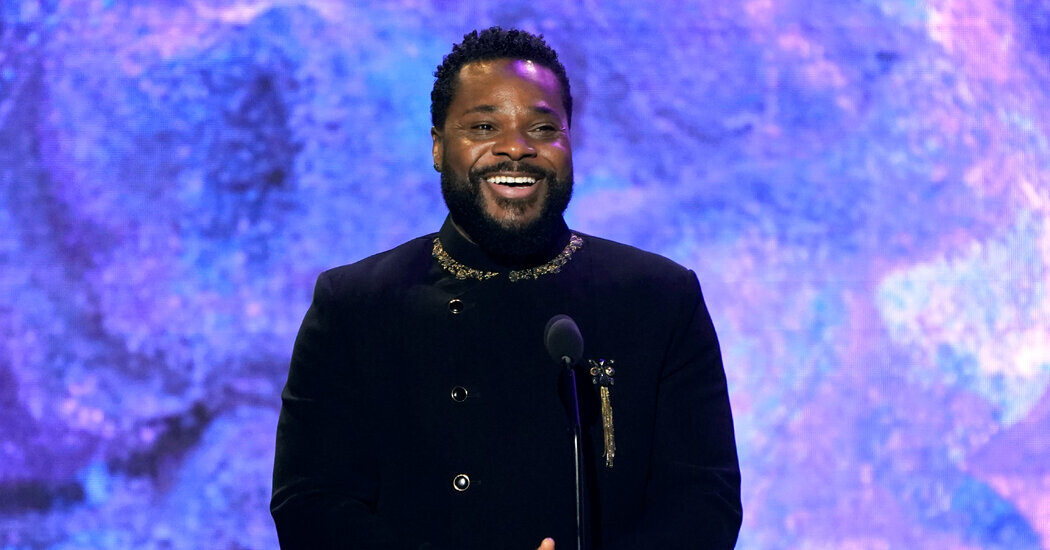

Warner, who played the only son of Bill Cosby’s character on the beloved 1980s sitcom, drowned in Costa Rica.
Malcolm-Jamal Warner, the actor who rose to fame as a teenager playing Theo Huxtable on “The Cosby Show” in the mid-1980s, died in Costa Rica on Sunday. He was 54.
Warner drowned while swimming at a beach on the Caribbean coast of Costa Rica, The Associated Press reported, citing the country’s Judicial Investigation Department.
“The Cosby Show,” which ran on NBC from 1984 to 1992, was a must-see-TV cultural touchstone whose final episode was covered as front-page news in The New York Times. That article began: “Theo Huxtable graduated from N.Y.U. yesterday, albeit on videotape, and like a lot of graduations it was a bittersweet occasion.”
Warner, who was 21 at the time, had played the role — the son of a doctor and a lawyer played by Bill Cosby and Phylicia Rashad — since he was 13.
“It’s sad, in a way,” Warner said then. “Our extended family is breaking up. And I can be nostalgic to an extent. But the show for me has always been a steppingstone in my career. It’s too early in my career to be nostalgic.”
Warner would go on to act in dozens of television shows and films, including more than 40 episodes of “The Magic School Bus” and nearly 100 episodes of “The Resident,” a gritty drama about a group of doctors. He co-starred in his own sitcom, “Malcolm & Eddie,” opposite the comedian Eddie Griffin, over four seasons beginning in 1996.
In 2011, Warner stepped into the role of a TV dad himself in the short-lived comedy “Reed Between the Lines,” opposite Tracee Ellis Ross.
Last year, he started a podcast with Candace Kelley and Weusi Baraka, “Not All Hood,” about the experiences and identities of Black people in the United States. He told the “Today” show in June 2024 that the podcast was started to create a safe space to share critical points of view.
“This is a place where we want to be able to discuss all lanes of the Black community,” he said. “This is a place where we can have civil discourse and respectful challenges.”
But to many people he would always conjure up memories of the Huxtables.
When Cosby was accused of sexual assault and misconduct by more than 50 women, Warner lamented what it meant for the legacy of “The Cosby Show,” whose portrayal of a comfortable, upper-middle-class Black family living in a Brooklyn townhouse had been widely celebrated as an overdue corrective against harmful stereotypes on television.
“We’ve always had ‘The Cosby Show’ to hold up against that,” Warner told The Associated Press in 2015. “And the fact that we no longer have that, that’s the thing that saddens me the most because in a few generations the Huxtables will have been just a fairy tale.”
This is a developing story and will be updated.
Matt Stevens and Nicole Sperling contributed reporting.